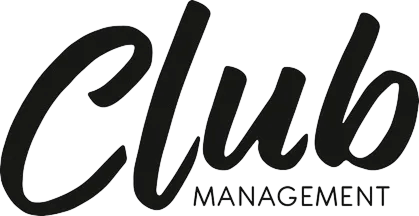I have been asking many leaders in the hospitality industry this one question: “What is the most important thing for chefs in a kitchen”?
Repeatedly the answer I get back is communication. Most kitchens lack this, or the chef has an inability to effectively communicate.
As a consulting chef I have worked with over 50 club kitchen teams across NSW, Queensland and Victoria, with teams ranging from six to 40 staff. This includes large city clubs with multiple kitchens, as well as small regional clubs.
The majority had issues with communication – CEOs and GMs who struggled to get the chef to listen, executive chefs whose teams ignored them, and catering managers frustrated at the “to and fro” with their chef.
Examples include:
- “Pass It On,” when everyone knows that something changed to a new method, but every chef has a different way of interpreting it. This often creates an “A” and “B” team, resulting in inconsistent cooking and presentation with no menu run sheet to follow.
- The “cooked to” temperature varying depending on if the chef is in a hurry and needs to speed up the procedure, resulting in undercooked or cold food being sent back. Generally in these instances the “touch” method is being used, with no thermometer checks.
- Chefs arrive to find their section has been left empty by the previous shift and they must prep through service, often calling items off the menu. This is made more difficult with no prep lists.
- Stock control, or lack of it, creates shortages with lots of trips to the supermarket as the “it’s not my job” mentality prevails. This is a result of no order sheets.
- The spin around the kitchen when an allergen question arrives, each chef seems to have a differing answer for the wait staff. This occurs when an allergen matrix is lacking.
- Chefs feeling like they are operating in the dark without any useful weekly financial results, when management doesn’t share figures in a timely manner.
So, how do you fix it?
It comes down to implementing tight systems across all areas that are set in stone. Training around these systems must be implemented correctly, and be verifiable with simple documented recording methods, digital or physical, as long as they are actually carried out daily.
Have kitchen meetings to ensure all staff understand the changes and activities they are to follow, seek feedback and accept their suggestions as legitimate and useful. It is imperative that everyone is on the same page, otherwise it will eventually peter out.
Revisit communication effectiveness monthly, readjust and reinforce…no excuses!
A Food Safety Plan is mandatory, yet it is rarely followed correctly. This is a terrific tool for communicating with all the kitchen staff. How serious chef is about the daily activities will determine if chef is a good leader. Especially what happens on chef’s day off!
Management is fully responsible for ensuring this is operating correctly, as the reputational damage resulting from issues and non-compliance will definitely be detrimental to the club’s operation as a whole. They have to both guide the chef and set strong parameters in which to operate.
A fresh set of eyes will uncover short falls and roadblocks in the kitchen operation, and clear communication will enhance operations within any club kitchen.

Paul Rifkin: Head Chef Mentoring and
Fine-Tuning Specialist for Club Catering
chefpaulrifkin consulting


There are 2 comments
Great ideas thanks
Effective communication in the kitchen is crucial. Clear systems, regular training, and consistent updates ensure smooth operations and prevent common issues.